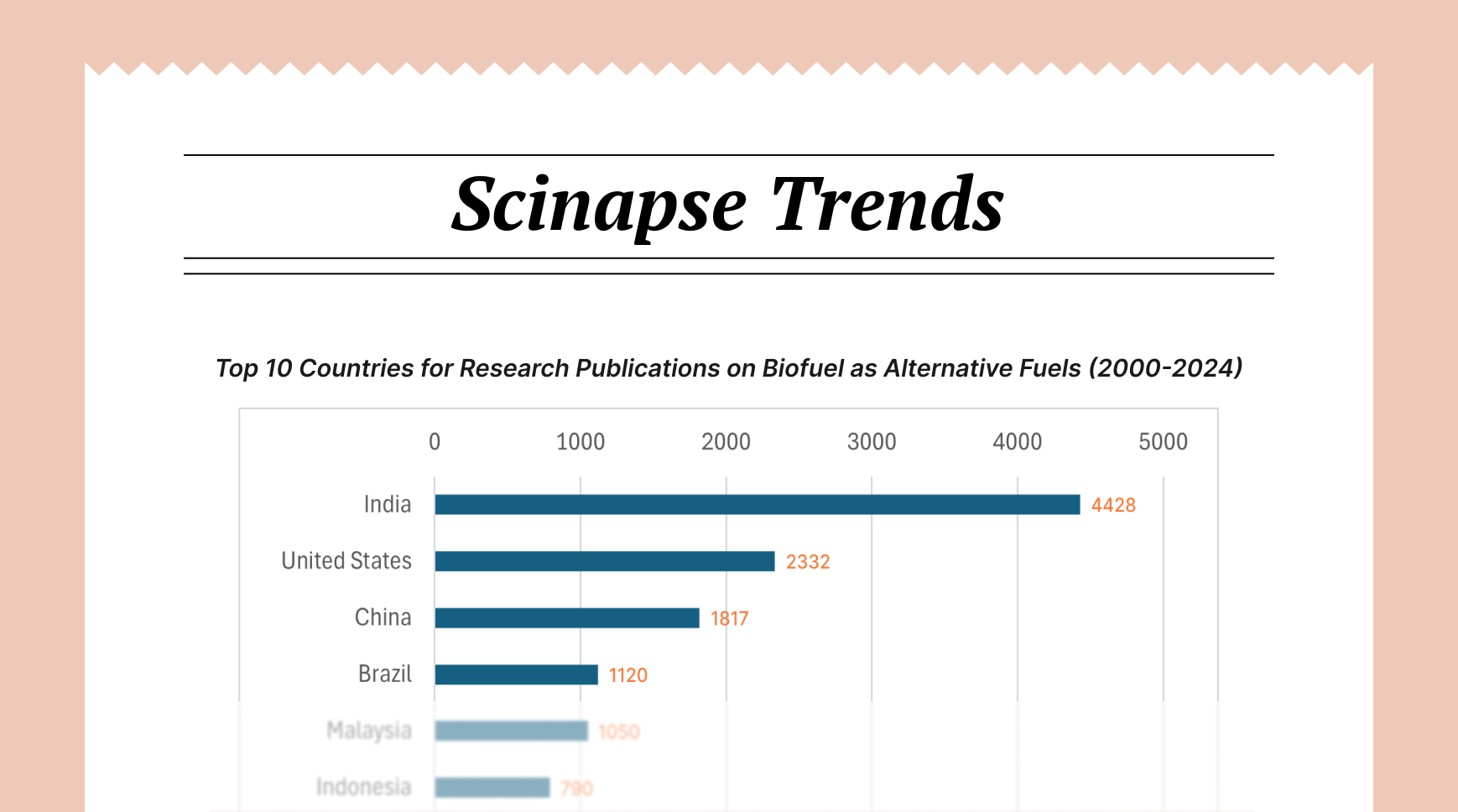3 Steps for Optimizing Research Budget in Corporate Using AI-Driven Research Solutions

As data drives business decisions, organizations face the dual challenge of conducting comprehensive research while managing finite budgets. Artificial intelligence (AI) has emerged as a game-changing solution, offering the potential to revolutionize corporate research methodologies while optimizing costs.
Let’s understand how companies can strategically implement AI-driven research solutions within budgetary constraints while maximizing their return on investment.
Transforming Corporate Research With AI Tools
Corporate research has undergone a dramatic evolution in recent years. Traditional approaches relied heavily on expensive market research firms, time-consuming manual data collection, and labor-intensive analysis processes. These methods, while thorough, often strained research budgets and limited the scope of investigations. The introduction of AI technologies has fundamentally altered this landscape, offering organizations the ability to conduct research using AI tools and reduce costs.

The key advantage of AI in research lies in its ability to process vast data quickly and identify patterns that might escape human analysts. This capability allows organizations to expand their research scope while maintaining or even reducing their budget allocation. However, successful implementation requires a strategic approach that balances technological capabilities with practical constraints.
Leveraging AI for Enhanced Research Capabilities
Modern AI platforms offer a range of capabilities that can transform corporate research operations. Market intelligence automation stands at the forefront of these innovations, enabling organizations to monitor competitor activities, track market sentiments, and analyze consumer behavior patterns in real-time.
Data synthesis and analysis represent another crucial area where AI excels. By automating the process of cross-referencing multiple data sources and identifying patterns in unstructured data, AI systems can significantly reduce the time and resources required for research projects. This automation not only increases efficiency but also improves accuracy by reducing human error in data processing.
Strategic Research Budget Optimization When Implementing AI-driven Research Solutions
Implementing AI-driven research solutions requires careful budget planning and optimization. Organizations should begin by conducting a thorough audit of their existing research tools and subscriptions. This audit often reveals redundancies and inefficiencies that can be eliminated through tool consolidation.
A successful budget optimization strategy typically involves:
- Tool Assessment and Consolidation: Evaluate existing research tools and identify opportunities to replace multiple specialized tools with comprehensive AI platforms that offer integrated solutions.
- Resource Allocation Planning: Develop a tiered approach to research that combines automated systems with human expertise. This ensures that expensive human resources are focused on high-value activities while routine tasks are automated.
- Cost-Benefit Analysis: Calculate the potential return on investment for AI implementation, considering both direct cost savings and indirect benefits such as improved decision-making capabilities.
3 Steps for Successful Integration of AI-driven Solutions in Corporate Research
Successfully integrating AI into corporate research requires a structured approach. Organizations should follow a three-phase AI implementation process for lucrative outcomes:
Step 1- Assessment Phase
Begin with a comprehensive evaluation of current research processes and expenditures. This assessment should identify areas where AI can provide the most significant impact and potential cost savings. Organizations should map their research needs against available AI capabilities and calculate the potential return on investment for different implementation scenarios.
Step 2- AI Tool Selection and Integration
When selecting AI research tools, organizations must consider factors beyond just cost. Key considerations should include:
- Integration capabilities with existing systems
- Scalability to accommodate future growth
- Data security features and compliance requirements
- Training requirements and consultation
- Ongoing support and maintenance costs
Step 3- Performance Monitoring and Optimization
Establish clear metrics for measuring the success of AI implementation. These metrics should track both efficiency improvements and cost savings. Regular reviews ensure that the AI systems continue to meet organizational needs and operate within budget constraints.
Maximizing Return on Investment From the Research Budget
The success of AI-driven research initiatives depends on maximizing both direct and indirect benefits. Direct benefits include reduced manual research hours, lower subscription costs, and faster insights generation. Indirect benefits, while harder to quantify, often prove equally valuable and include enhanced decision-making capabilities, competitive advantages, and increased innovation opportunities.
To maximize ROI, organizations should:
- Start with pilot programs in specific research areas
- Develop clear metrics for success
- Regular review and optimization of AI research processes
- Invest in team training and development
- Maintain flexibility in tool selection and implementation
Interested in learning how AI can make your company’s research smarter?
Connect with us by filling out this form and let's discuss your specific needs and explore the possibilities together!
Author: Uttkarsha B
- AI-Ethicist and STM Research & Publishing Expert
Never re-search again.
Scinapse is made by researchers for researchers.
Join the next generation of research at ⏯️ https://scinapse.io/
Pluto Labs
Pluto Labs helps researchers focus on their research by improving several inefficiencies in the academic research process. We offer data-driven insights from academic papers, allowing users to easily obtain review-level results for their desired range of papers.
https://pluto.im/





Comments ()